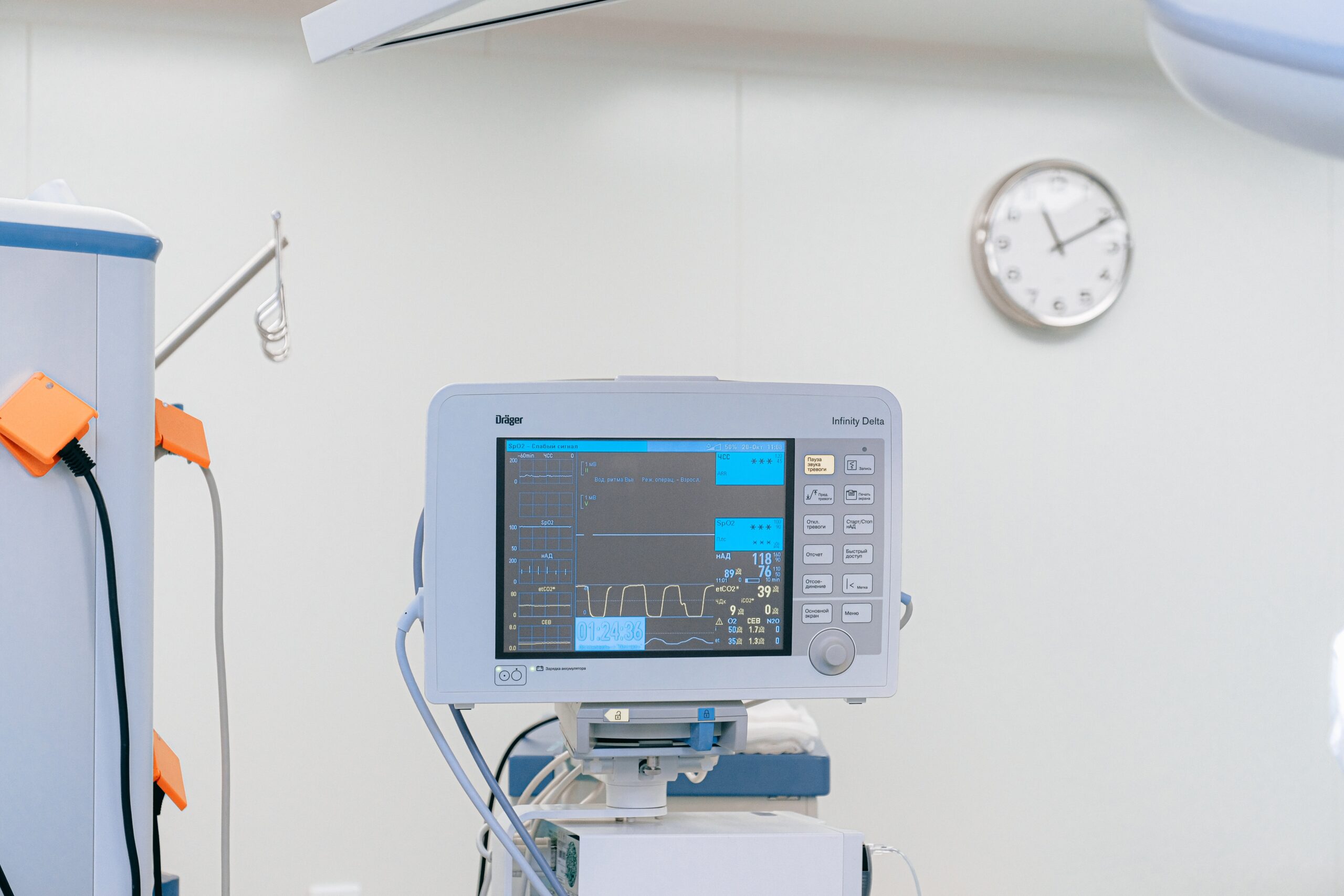
Medical waste management is essential to any medical business, large or small. Proper disposal of medical waste is important for environmental safety and the health and safety of patients and staff. Improper disposal of medical waste may lead to serious health and environmental issues, including the spread of infectious diseases, contamination of water supplies, and pollution of the air.
Medical businesses must adequately dispose of all medical waste to protect the public and the environment. Therefore, it is crucial for medical businesses to have a comprehensive waste management system in place to ensure that their medical waste is disposed of safely and by local regulations. This article will discuss three reasons why medical businesses need proper waste disposal.
1. Stay Environmentally Responsible
Medical businesses have a responsibility to the environment to dispose of medical waste safely and responsibly. Improper disposal of medical waste can lead to serious environmental problems like air and water pollution. Thus, medical businesses need to maintain a comprehensive waste management system that ensures their medical waste is disposed of responsibly.
This includes setting up clearly-defined policies and procedures for waste disposal and providing staff with adequate training on handling and disposing of medical waste properly. It also includes the use of suitable waste containers and transportation and disposal services approved by the relevant local authorities.
Additionally, medical businesses should work with local authorities to determine the type of waste disposal most appropriate for their needs. By following proper protocols for waste disposal, medical businesses can help protect the environment from contamination and pollution.
2. Protect Patients and Staff
Medical businesses are also responsible for protecting their patients and staff from potential health risks associated with medical waste. Improper disposal of medical waste can lead to the spread of infectious diseases and other health problems. Medical waste can contain hazardous materials that can harm humans and the environment if not disposed of correctly.
Therefore, medical businesses need to ensure that all medical waste is disposed of safely. This includes proper segregation and labeling of medical waste and appropriate containers and disposal methods. Proper waste disposal also helps to reduce the risk of exposure to hazardous materials and to ensure that all medical waste is disposed of in a timely and efficient manner.
Additionally, proper waste disposal is important for preventing the spread of infectious diseases. Medical waste can contain pathogens that can cause serious illnesses. To reduce the risk of illness and the spread of disease, medical businesses must ensure that all medical waste is disposed of as per local regulations and guidelines. This includes proper segregation of medical waste, as well as the use of appropriate containers and disposal methods.
3. Comply with Local Regulations
Medical businesses are required to comply with local regulations for waste disposal. Each jurisdiction has regulations and guidelines on how medical waste should be disposed of. Medical businesses must be aware of these regulations and ensure that they are following them to the letter.
Failure to comply with local regulations could lead to significant fines or even legal liability for the medical business. Additionally, medical businesses must be aware of the regulations regarding medical waste disposal in other jurisdictions.
Additionally, medical businesses must comply with the regulations of local waste disposal companies. These companies may have specific requirements for packaging, labeling, and storing medical waste. Medical businesses must be aware of these regulations and ensure that they are following them to the letter.
By following local regulations and taking the necessary steps to ensure proper waste disposal, medical businesses can protect their patients, staff, and the environment. Furthermore, they can prevent costly fines or legal liability arising from improper waste disposal.
Conclusion
Medical businesses are responsible for protecting their patients, staff, and the environment from potential health risks and environmental contamination associated with medical waste. Proper waste disposal is essential for medical businesses to ensure the safety of their patients, staff, and the environment.
This includes setting up a comprehensive waste management system that follows all local regulations for waste disposal, providing staff with proper training and protective gear, and working with local waste disposal companies. By taking these measures, medical businesses can protect the public and the environment from potential contamination and pollution and avoid costly fines and legal liability.

